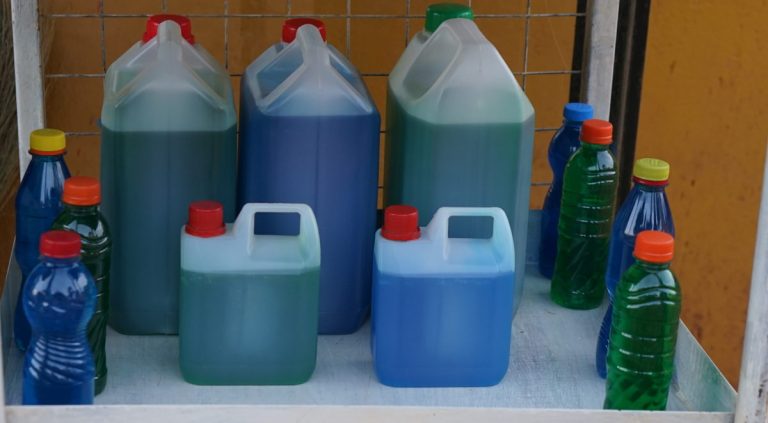Starting a liquid soap business in Uganda is a smart venture, given the high local demand for affordable hygiene products. With proper planning and compliance, you can build a profitable and sustainable enterprise. Here’s a clear, step-by-step guide to help you start a liquid soap business in Uganda legally and successfully.
First, conduct market research. Identify your target customers—households, schools, hotels, or institutions. Analyze competitors to understand pricing, packaging, and popular scents like lemon, lavender, or antibacterial variants. This insight will shape your product formula and branding strategy.
Next, develop your soap formula. You can start with basic ingredients: water, sodium lauryl sulfate (SLS), cocamidopropyl betaine, glycerin, fragrance, and preservatives. For safety and quality, consider consulting a chemist or attending a formulation workshop offered by institutions like Uganda Industrial Research Institute (UIRI).
Then, register your business with the Uganda Registration Services Bureau (URSB). Choose a business structure—sole proprietorship, partnership, or private limited company. Most serious entrepreneurs opt for a Ltd company for credibility and easier access to contracts or loans.
After registration, obtain a Tax Identification Number (TIN) from the Uganda Revenue Authority (URA). Also, apply for a trading license from your local city or municipal council (e.g., KCCA in Kampala). This license is mandatory to operate legally.
Crucially, get approval from the National Drug Authority (NDA). Since liquid soap is classified as a cosmetic, the NDA regulates its production and labeling under the Food and Drugs Act. You must submit product samples, ingredient lists, manufacturing process details, and facility information for review. Only after NDA clearance can you legally sell your soap.
Additionally, ensure your production site meets basic hygiene and safety standards. Even if operating from home, maintain a clean, dedicated space. For scalability, consider renting a small workshop with proper water and drainage systems.
Now, focus on branding and packaging. Design attractive, waterproof labels that include your brand name, net weight, ingredients, manufacturer details, and NDA registration number. Use recyclable or eco-friendly bottles to appeal to conscious consumers.
Then, set competitive pricing. Factor in raw material costs, labor, packaging, transport, and profit margin. Start small with 500ml or 1-liter bottles to test the market before scaling.
To sell your product, use multiple channels: local markets, retail shops, schools, churches, and social media. You can also partner with distributors or supply institutions like guesthouses and salons. Offer free samples to build trust and gather feedback.
Moreover, keep accurate financial records. Track expenses, sales, and inventory to manage cash flow and prepare for tax filing. File annual returns with URSB and submit tax declarations to URA on time.
Finally, reinvest profits into quality improvement and marketing. Consider expanding into related products like hand sanitizers, bar soaps, or detergents as your brand grows.
In summary, to start a liquid soap business in Uganda, combine product quality, legal compliance (especially NDA approval), smart branding, and grassroots marketing. With low startup costs and high demand, this business can deliver both profit and public health impact across communities.
READ: How to Start a Marketing Agency in Uganda: A Step-by-Step Guide

